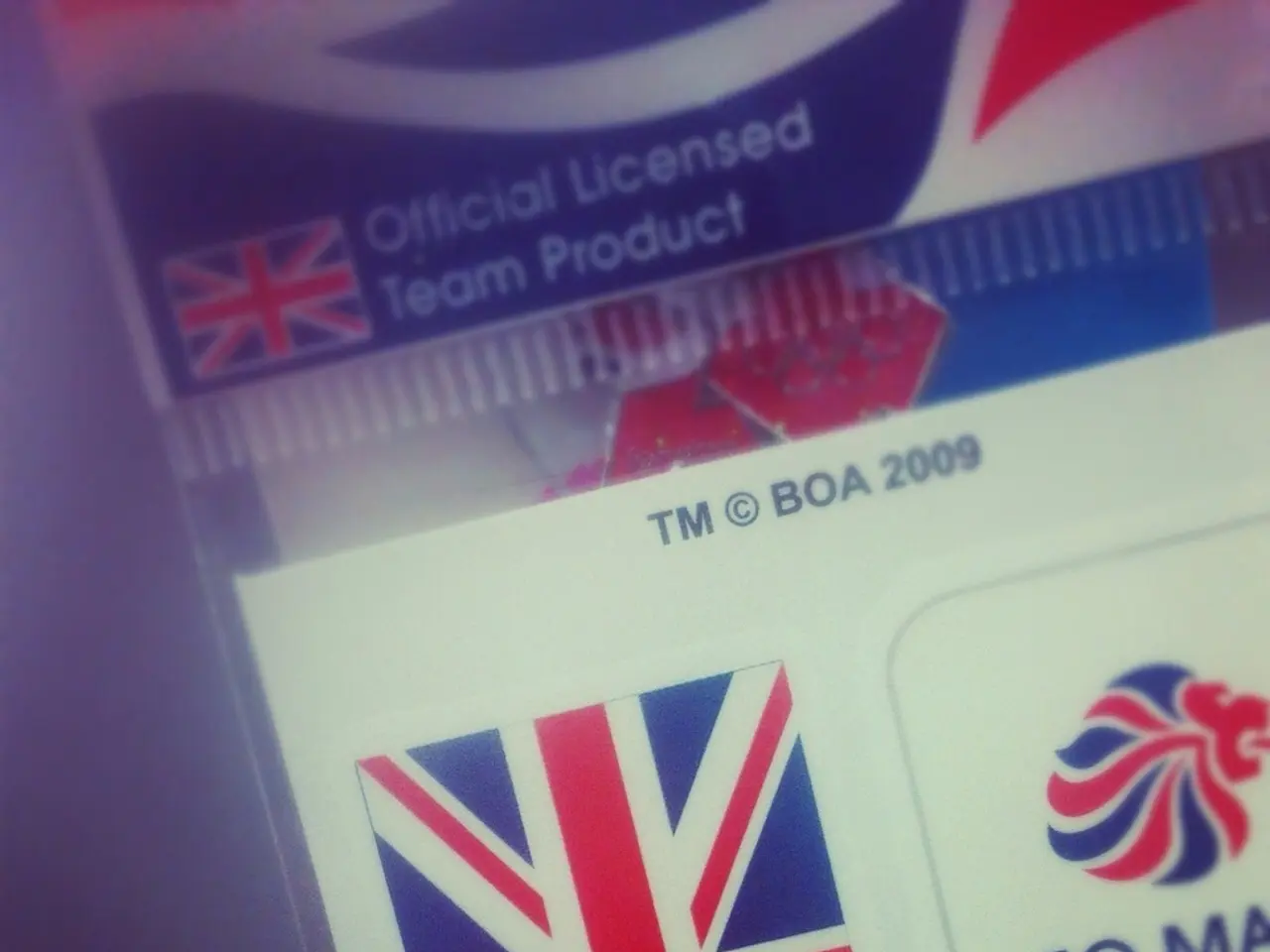Questions and Answers for International Shipping to the United States
Foreign Companies Importing Consumer Products into the U.S.: Key Compliance Requirements
Foreign companies importing consumer products into the United States via a 3PL warehouse must adhere to several crucial legal and regulatory requirements.
1. Importer Number / Importer of Record (IOR):
The foreign company or its US-based agent/3PL acting as the Importer of Record must have an importer number, typically the IRS-assigned Employer Identification Number (EIN) or a Customs-assigned number. This number is essential for clearing goods through U.S. Customs and Border Protection (CBP) and for handling compliance with customs duties, classification, valuation, and admissibility rules.
2. Federal Tax ID (EIN):
While foreign companies may not have a physical U.S. presence, they generally must obtain an EIN (Federal Tax Identification Number) from the IRS to act as an importer and fulfill tax-related customs formalities. The EIN serves as the importer number for customs purposes. If the 3PL or a U.S. agent handles import entry, their EIN might be used, but ultimate responsibility still lies with the foreign company or the designated Importer of Record.
3. Customs Compliance Obligations:
The Importer of Record is responsible for exercising “reasonable care” in declaring proper classification, valuation, country of origin, and ensuring compliance with regulations enforced by CBP as well as other agencies like FDA and CPSC. This includes maintaining accurate records (invoices, certificates, lab reports, etc.) for at least five years.
4. Agency-Specific Requirements:
- Consumer Product Safety Commission (CPSC): For consumer products regulated by CPSC, the importer must eFile certificates of compliance for imported products by January 8, 2025, per new CPSC eFiling rules.
- Food and Drug Administration (FDA): Products regulated by FDA must meet the same standards as domestic products and undergo entry review processes. Effective August 4, 2025, the FDA's Nationalized Entry Review Program centralizes import reviews for safety and compliance.
- Depending on the product type, additional permits, licenses, or certificates may be required.
5. Using a 3PL Warehouse:
The foreign company can use a 3PL warehouse for warehousing and distribution, but the Importer of Record status and compliance responsibility remain with the foreign company or a U.S.-based agent. The 3PL is typically not the Importer of Record unless explicitly designated and set up with the necessary registrations.
Valuation Methods:
- If there is no identical merchandise, but there is something sufficiently similar, the customs will use the value of those similar goods.
- If you don't petition for the use of the computed value method, customs are likely to use the deductive value method.
- If all other methods fail, customs will use a reasonable value for the imported merchandise.
- You can petition for the use of the computed value method at the time the entry summary for the merchandise is filed with the port director.
- The computed value of imported merchandise is the sum of the cost or value of materials, fabrication and other processing, profit and general expenses, any assist, and packing costs.
Other Important Facts:
- Normally, you don't have to pay sales tax at the time of entry of goods into the US. Customers pay sales tax after the price of the product.
- The deductive value method allows for deducting certain costs and reasonable profit from the price.
- If you promised the seller of goods some discounts or additional payments later, then these discounts/future payments will be added on to the appraisal of your goods.
- The law allows for detailed calculations and examples of the computed value method: https://www.law.cornell.edu/cfr/text/19/152.106
- A foreign company can be a Foreign Importer of Record, but you are required to have an agent (e.g., Customs Broker like Flexport) in the state where the port of entry is located.
- The fact of import by itself does not change ownership.
- If you did not buy your goods from a third party and manufactured them yourself, the CBP will use the price of the same goods as the basis for appraisal.
- Customs are required to utilize six methods to appraise the imported merchandise, with the transaction value being the predominant method for the vast majority of all imports.
- Foreign businesses are allowed to import consumer products into the US via a 3PL warehouse in the US.
- If you purchased the goods from the manufacturer, then your purchase price will be the basis of the appraisal of your shipment. If you got the goods from a middleman, you can use the "First Sale" rule to cut out the middleman and their markup and use the manufacturer's price as your basis.
For more information on the regulation of the sale, distribution, and consumption of alcohol in California, please refer to our related article, "Understanding the ABC Act of California: A Guide for Alcohol Resellers."
6. Education-and-self-development:
To navigate the complexities of importing consumer products into the U.S., foreign companies may find it beneficial to invest in education and self-development resources, such as industry-specific books, online courses, and webinars. These resources can help businesses understand customs procedures, valuation methods, and agency-specific requirements more effectively.
7. Finance:
In addition to ongoing compliance obligations, foreign companies must allocate resources for the financial implications of importing consumer products into the U.S., including customs duties, taxes, and transportation costs. Familiarizing themselves with valuation methods and understanding how different products may be subject to varying tariffs can help businesses plan for these financial considerations.




